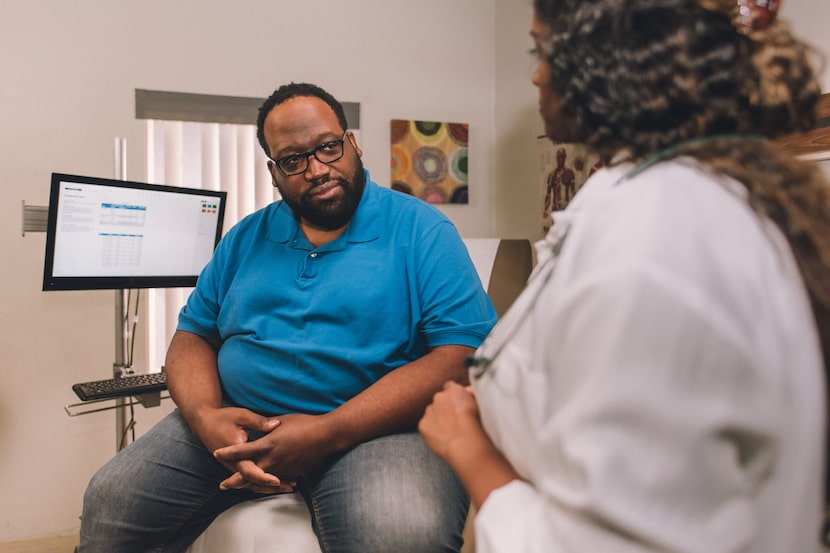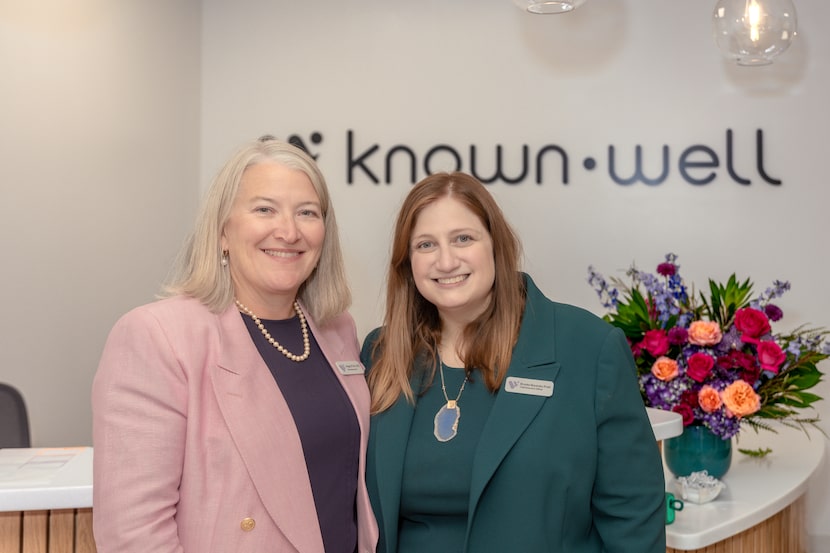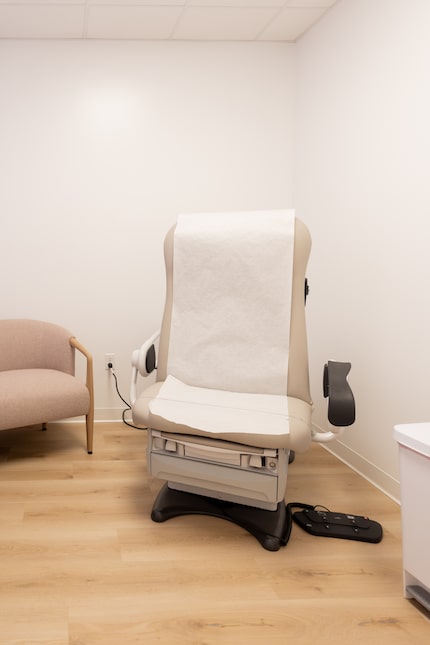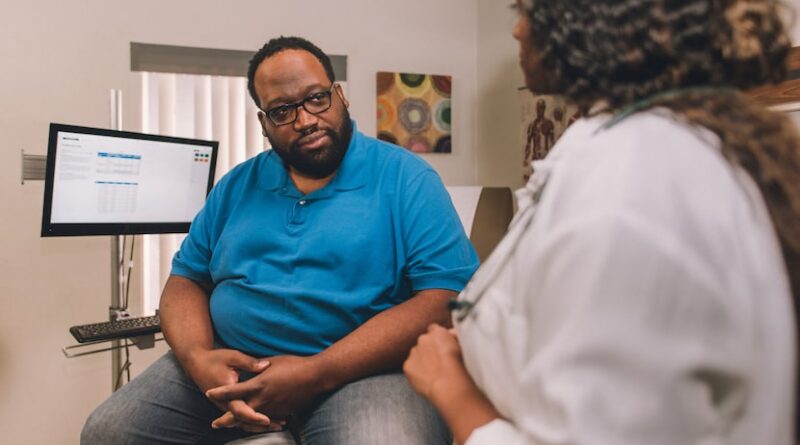Obese people are criticized, ignored by doctors. A new D-FW clinic aims to fix that
Brooke Boyarsky Pratt remembers when her childhood doctor told her mother that her daughter was overweight.
“You should send him to a fat camp,” he remembers the doctor saying.
Boyarsky Pratt was eight years old at the time.
People with obesity often report that medical providers are unprofessional or unfriendly, research shows, which can cause people to avoid needed health care. People with a high BMI are also denied or delayed treatment because their medical providers do not take their pain seriously, or because medical offices and clinics are not equipped to accommodate them.
“What we have done in the United States is not working,” said Boyarsky Pratt.

Boyarsky Pratt’s childhood experience has been repeated throughout his life, he said. At one point, she admits, her medical attention was delayed when a doctor initially attributed her knee pain to her weight. It turned out he had a torn meniscus, he said.
Partly based on his experience, the Dallas native partnered with an obesity doctor and started a medical clinic in Boston that offers “weight” care. Patients can go to the clinic for primary care or weight management, or both.
And this month, Boyarsky Pratt opened a second clinic near his hometown. The new clinic, in Plano, saw its first patient in mid-October and had a grand opening earlier this week.
Both Boyarsky Pratt and his co-founder Dr. Angela Fitch said the clinics, under a well-known company name, aim to provide compassionate medical care to patients who are often scorned in the health care setting.

The clinics come at a time of public interest in weight management. Wegovy – a weight-loss version of the drug Ozempic – was approved by the US Food and Drug Administration in 2021. It was the first drug for “chronic weight control” to be approved from Saxenda in 2014.
A May 2024 KFF Health News survey found that 12% of US adults have taken a GLP-1 agonist — a class of drugs that includes Wegovy and Ozempic — at some point, either to lose weight or to treat diabetes or another condition.
Despite the interest in weight control, several factors in the US medical system combine to create a large gap in the care of people living with obesity. (The American Medical Association has recognized obesity as a disease since 2013.)
First, there is a shortage of providers trained in obesity treatment, many experts said. There are only about 8,000 doctors in the US certified by the American Board of Obesity Medicine, according to the board’s data. And for other medical specialties, including primary care, obesity-specific training is uncommon.
Fitch, who is a primary care physician and obesity specialist, said there are nowhere near enough obesity doctors to meet the demand.
Nationally, nearly 40% of US adults are overweight, according to a recent report from the US Centers for Disease Control and Prevention. Texas has a slightly lower obesity rate, at about 34% of adults. Nationally, nearly three-quarters of US adults are overweight or obese.
“There are a lot of patients who need treatment,” Fitch said.
Physicians without formal training in obesity care may end up perpetuating weight loss in their interactions with patients, said Dr. Jaime Almandoz, medical director of UT Southwestern Medical Center’s Weight Wellness Program. And weight stigma itself creates another barrier to care.

“This creates a very toxic environment for people who then want to avoid care with that doctor because they feel like they’re not being listened to,” Almandoz said. “Some doctors can have a hard time looking beyond weight.”
James Zervios, chief operating officer of the Obesity Action Coalition, said most of the care gap is the medical providers themselves.
“The reason that gap exists is because of the burden on health care, especially primary care,” Zervios said.
When patients struggle to find a doctor who will listen to their concerns – or are too scared to go to the doctor at all – it can lead to a cycle of worsening health.
Almandoz said he hopes to see more providers approach patients as people first, regardless of obesity. That would be a step towards providing medical care that actually helps people, as opposed to care that misleads people.
“Our patients are people with diseases,” Almandoz said. “We need to make sure that people are getting the kind of comprehensive care that they need.”
#Obese #people #criticized #doctors #DFW #clinic #aims #fix


